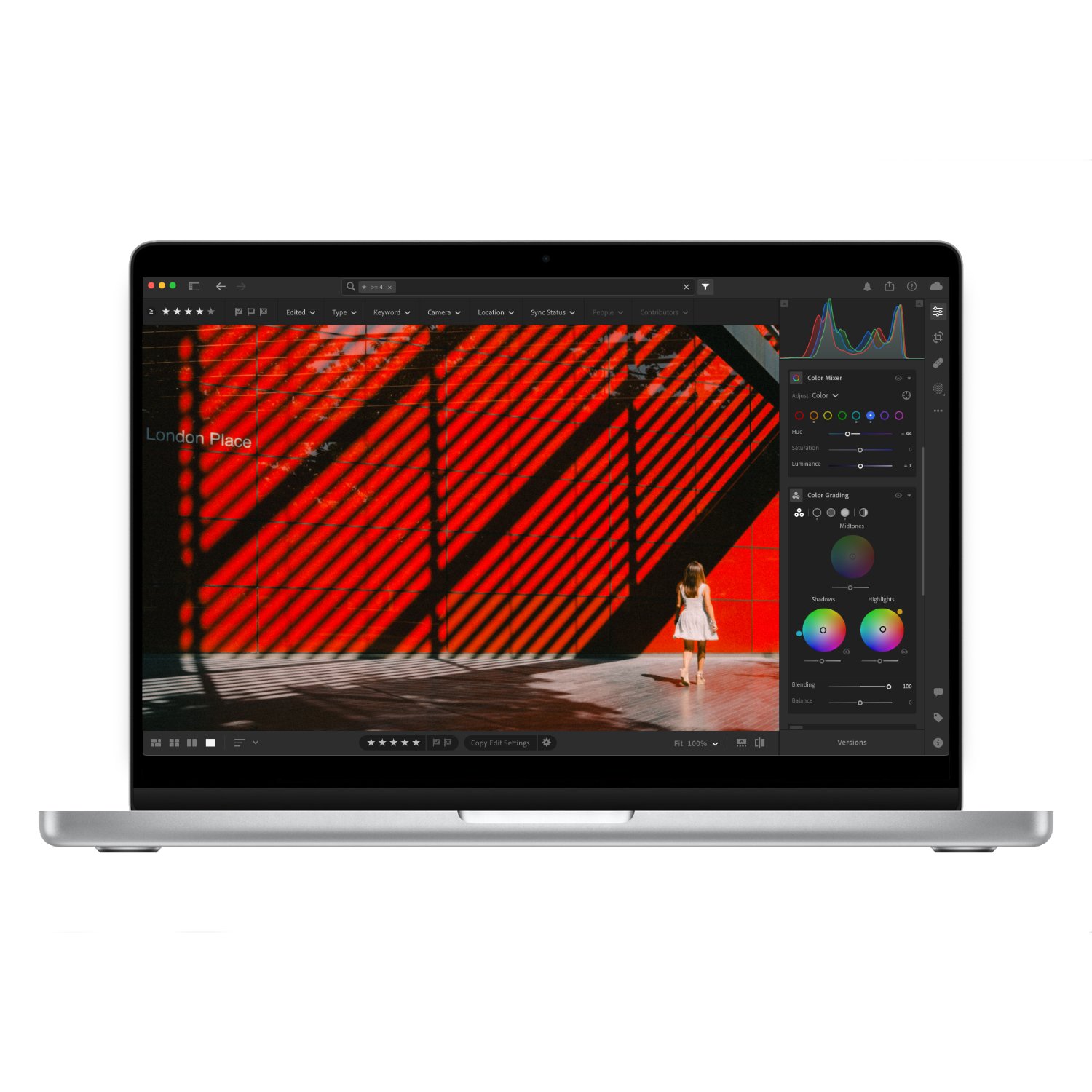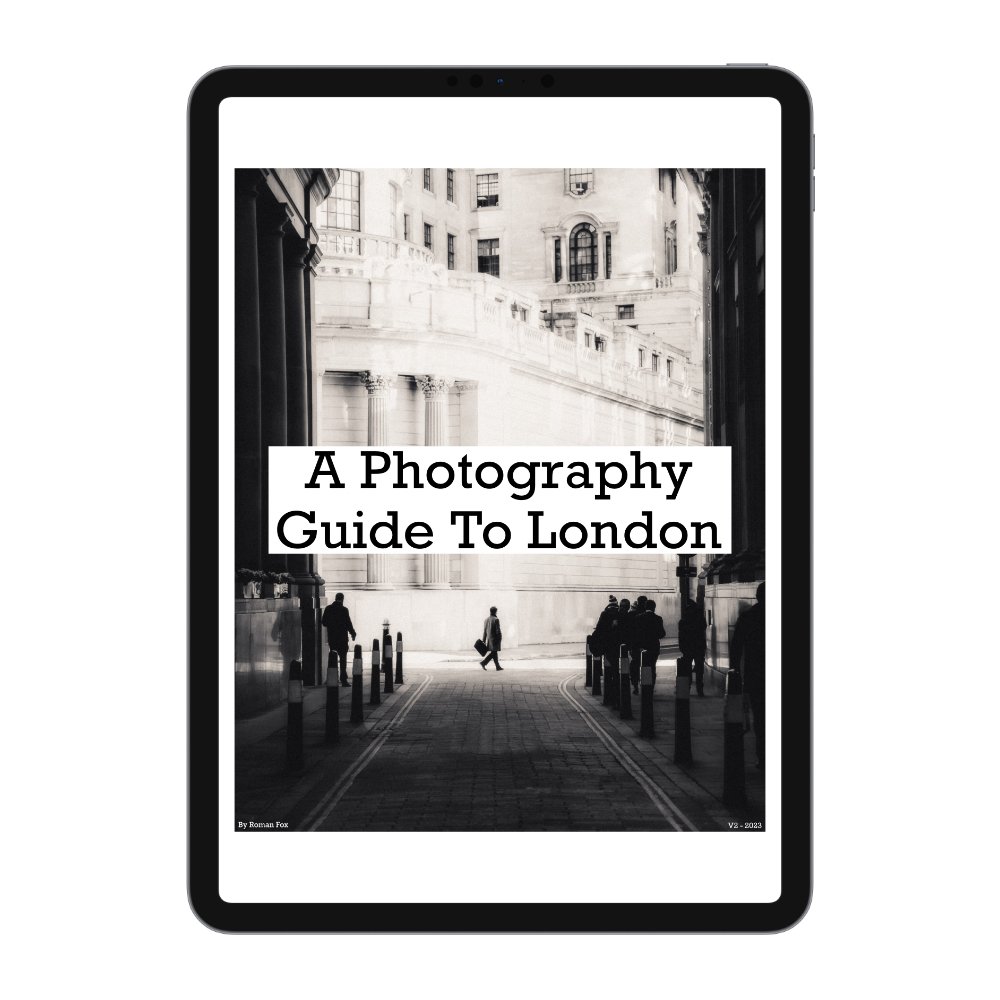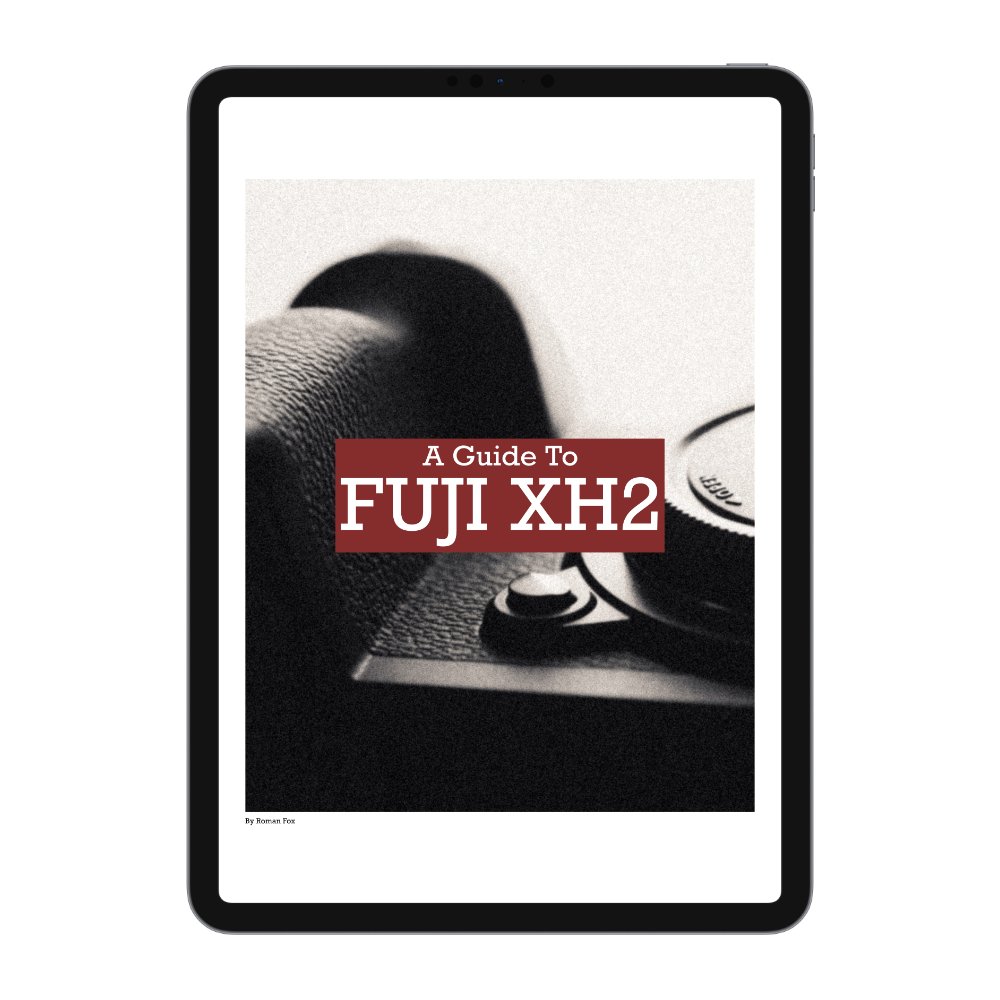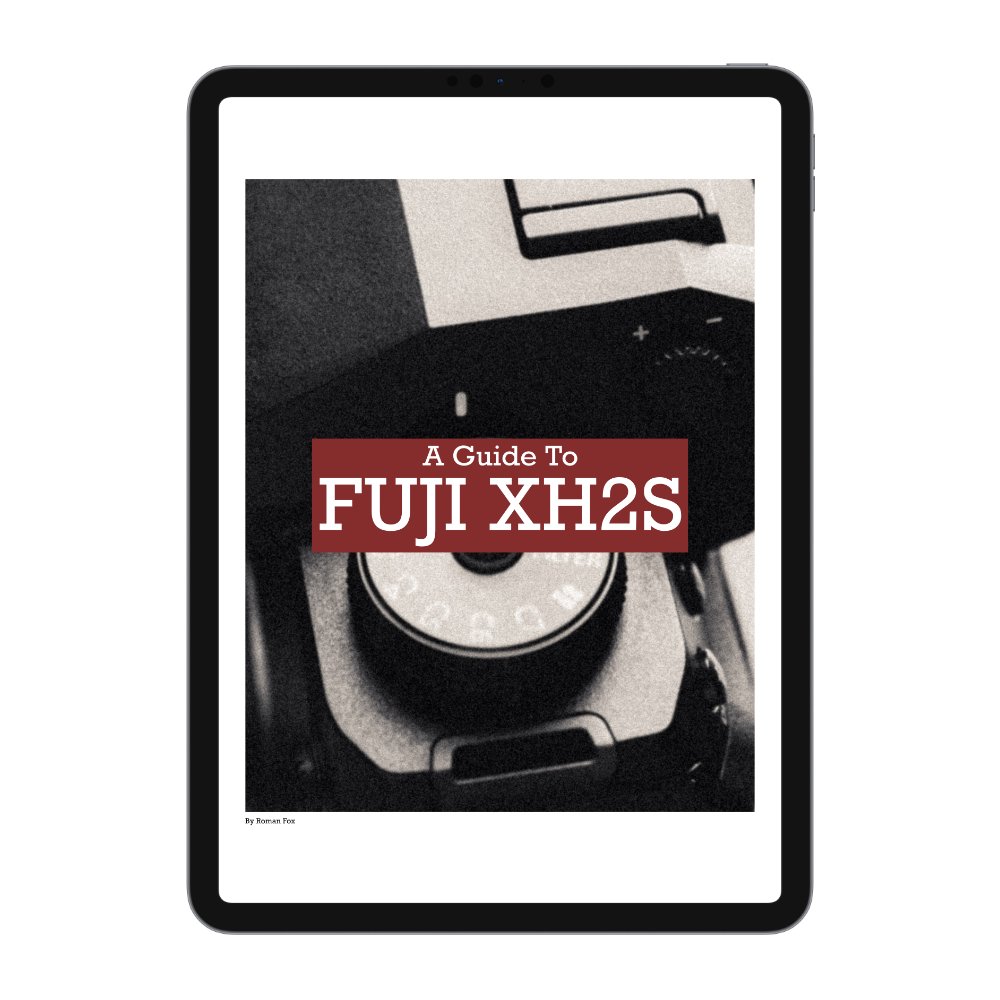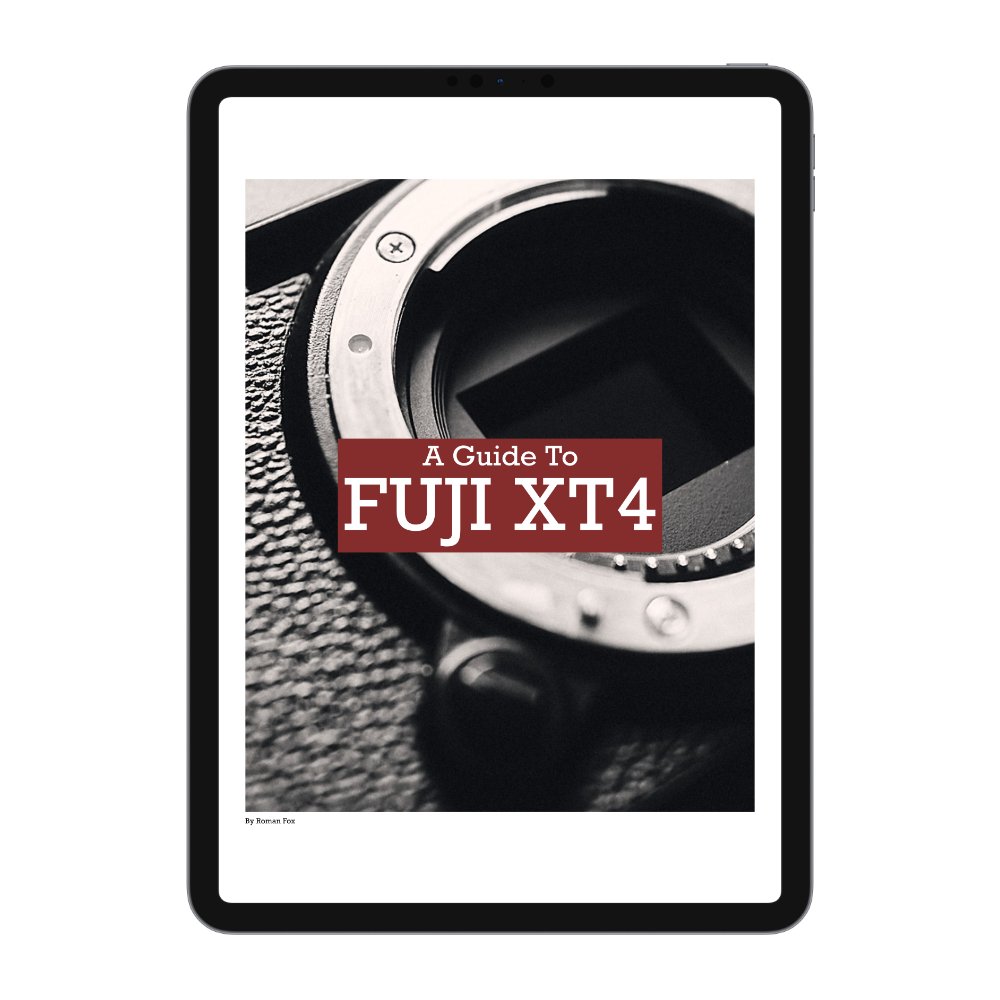Money & Internet Photography
I’ve been making photography YouTube videos for over five years, posting my work on social media for over seven, and writing blogs like this for over two. It’s been three years this month since I quit my 9–5 to do this full-time, and only in the last two years have things really started to grow substantially. If there is one thing I have come to realise, it’s that many people have no idea how I make money or understand the intricate details of doing YouTube as a job. Also, running a business like this has a big impact on how I see camera gear, travel, and photography as a whole. In this blog, I aim to clarify many points so that people have a realistic understanding.
You Need Many Streams of Income
People assume that YouTubers make money from YouTube ads. While this is true for 1% of creators, the reality is that unless you’re Casey Neistat or Mr Beast, your AdSense revenue will not even be enough to cover rent. I have a sizeable channel, and even so, I average around £1,000 per month from YouTube. It’s a great bonus if you do it as a hobby, but if you’re trying to make a living from it, this isn’t enough. This is where having other streams of income, such as sponsors, brand deals, digital products, workshops, affiliate marketing, and licensing, comes in. It’s much better to have five small streams of income that add up to one liveable wage than to rely on one giant stream that can be turned off at a moment’s notice.
You Can Make a Lot of Money, or Not
A person’s subscriber or follower count doesn’t always correlate with financial success. A channel that has 500,000 subscribers with 50,000 views per video can be less profitable than one with a fifth of the following and viewership. From an AdSense perspective, your niche has a huge impact. A finance channel will make significantly more than a woodworking one, for example. Additionally, how much money you make will depend on your entrepreneurial skill and drive. If you proactively reach out to brands, pitch ideas, create products, and look at YouTube as a business, you will generally find more financial success compared to someone who just sees it as a chill, creative outlet.
Luck, Unfair Advantage, and Hard Work
Succeeding in this world requires a delicate balance of luck, hard work, and some kind of unfair advantage. First and foremost, you need to put the work in and be prepared to work your arse off for potentially years before you see any real progress. However, the harder (and smarter) you work, the luckier you will get. You still need a degree of luck, but you can increase your chances of getting lucky by showing up. By lucky, I mean for YouTube to recommend a video of yours that can potentially kick-start the channel. The same can be applied to other social media platforms and even SEO with Google.
Having some kind of unfair advantage can also give you a big step up when you’re getting started. My unfair advantage was that I had a fully remote job with a good salary and little managerial intervention. This meant I could spend a portion of my day job’s working hours focusing on YouTube and my business while also having the security of a stable income and location freedom. I also moved back in with my parents to reduce my overheads. If I didn’t have these advantages, I would have still succeeded, but it would have taken much longer with more sacrifices. Try to find your unfair advantage and lean into it.
Free Stuff
As your profile increases, you will start getting emails offering you free stuff in exchange for a video, a post, or even a mention. In 99% of cases, this will be useless crap, and anyone with a degree of decency will ignore most of these emails. Sometimes, companies will send you stuff for free without expecting anything in return because they genuinely like what you do and want to support you. However, this is very rare. If I get something for free and I feature the item on any of my profiles, I always state the exact transaction that took place. This gives the viewer an option to either carry on consuming that piece of content or assume bias and click off.
If the free item is in exchange for content, then the item isn’t free—it’s a form of payment. In most cases, it’s not worth it; however, sometimes it can be a win-win for both you and the company. Finally, there will always be a percentage of your audience that will be unhappy that you got something for free, and they will make sure to tell you. These are the types of people who you’ll usually find outside shouting at clouds, so just ignore them and move on (as hard as it can be).
Brands and Sponsorships
For most YouTubers, brands and sponsorships provide a lifeline to keep creating. For example, my YouTube channel has been sponsored by Squarespace for over 3 years, and they are one of the main reasons I managed to make this a full-time gig so early on. On top of that, some sponsors offer annual contracts, thus giving you even more security. I know it’s common for people to laugh at sponsors or dismiss them as annoying; however, for many creators, they are the sole reason they can keep creating. Of course, as everything grows, money increases, and for some people, this can escalate to being about the money and not about why they started in the first place—but that’s a separate topic.
Everyone has their own moral compass for deciding which sponsor to work with. My only criteria are that it has to be a brand I either already use or have an interest in using. For example, I have been using Squarespace since day one and have no issues recommending them to anyone. Equally, when I accepted the Hasselblad sponsorship, it was because it’s a camera I had a huge desire to own one day. Where this gets a little sketchy is when people promote any old crap for easy money.
Camera Gear & Travel
This topic can come across as a little pretentious, but there’s no way of saying it differently: buying cameras makes me money. Since the first day of YouTube, I have been using Fujifilm cameras, and a large chunk of my audience uses Fuji gear. When Fuji releases a new camera, I will buy it at full price and subsequently make a bunch of videos and blogs about it. Once I’ve used the camera for a significant period of time, I will publish a user guide to help beginners who’ve just picked it up. Over the lifetime of that camera, it can pay for itself many times over.
As we speak, I have a Sony A7R and a Leica Q3 on order for two simple reasons. First, I want to give these cameras a good go, as all I know is Fujifilm. Secondly, these cameras will broaden the type of audience that watches my channel, which will hopefully help with long-term growth. Would I still get them if photography was just a hobby? Maybe the Leica, but definitely not the Sony.
As much as I want to keep making videos about the process of photography, techniques, and POVs, the reality is that most people only tune in if a piece of gear is involved. If YouTube were a hobby, this wouldn’t be an issue. However, since YouTube supports me and my family, I have to be more mindful of what I make to ensure it brings in viewers and grows the channel.
The same concept can be applied to travel. Different / interesting destinations means more photos, videos, and blogs. All this means that when I look at camera gear and travel, I look at them primarily as investments into the business. More gear and more travel will allow me to create more thus keep the machine going.
Business vs Personal
For many people who’ve always worked a day job, this concept might be new. I don’t own any of my cameras, my laptop, or my backpack, and I don’t pay for any of my travel. My business pays for all of that. I take a small salary from the business that covers personal expenses such as clothes, some bills, rent, etc., but the big-ticket items like gear and travel are paid for by the business. This means I can write those expenses off my tax bill because they are required to carry out the job. In the UK, corporate tax is around 20%, so this means that those expenses are effectively 20% cheaper for me. This is one of the biggest advantages of being self-employed versus working for someone else.
YouTube Is My 9–5
The last point I want to end on is that I see and treat YouTube as my 9–5. Out of everything I do, it’s the least enjoyable part, but it helps facilitate my photography. This blog is incredibly enjoyable for me because I love writing, and it’s the best way I can personally share information. If I won the lottery today, YouTube would probably stop (or at least reduce to one video a month, max). However, I would still write and shoot even more than I do now.

